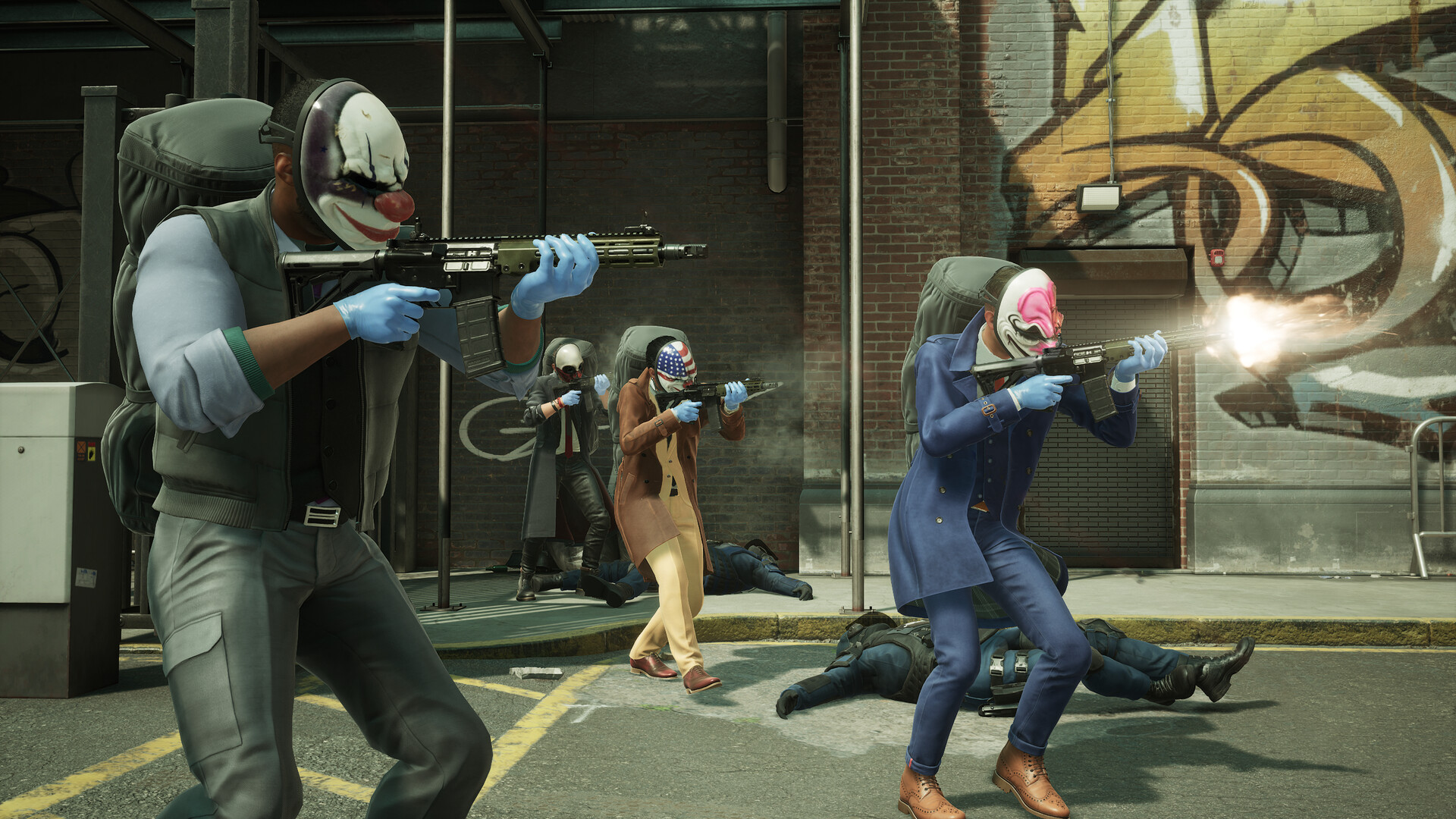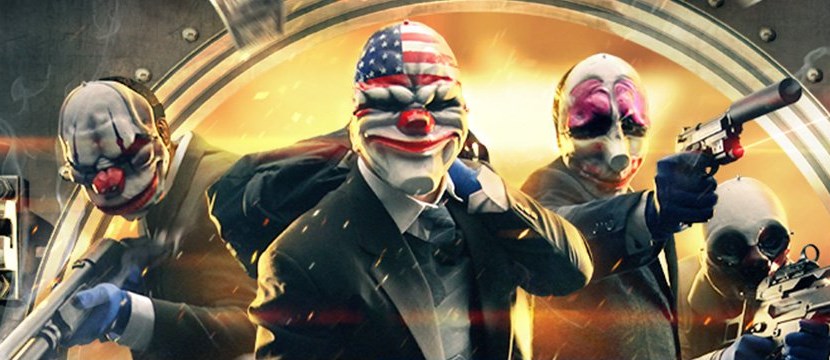Thank god they didn't overwrite Payday 2 with Payday 3
Payday 2 still has more active players than its new sequel.

Despite having a new sequel, Payday 2 has maintained an average of almost 10 times as many players as Payday 3 on Steam for the past week. The 10-year-old co-op FPS briefly swapped places with its successor when it launched last month, but as Starbreeze continues to work on the list of problems players have with Payday 3, players have returned to a game they know is great.
Payday 3's first patch seems to be on its way, but its foundational issues, like the always-online requirement and progression system, will likely take some time to iron out. Meanwhile, there's a very similar heist FPS available with five year's worth of DLC and a healthy population of players. In a time where our favorite PC games keep getting replaced by their sequels, it's a relief that you can still play Payday 2 while 3 stabilizes.
Survivors of the transition from the original Overwatch to Overwatch 2 will know how it feels to be forced into playing a sequel that didn't quite have it all figured out yet. Server issues plagued the first few days after its release and bugs caused Blizzard to temporarily remove several heroes. It didn't take very long for Overwatch 2 to improve, but no volume of patches can fix the loss of an entire game that, for many, was still fun to play. Maybe even more fun.
"Every time I learn something new about Payday 2, I get disappointed in Payday 3," I wrote in my Payday 3 review. Right now, Payday 2 isn't just the more stable and reliable co-op shooter: it's the one with a decade of accrued DLC, full of ridiculous crossovers and over-the-top heists. Payday 3 is a more grounded reset, and that change in tone would've been even more jarring if Starbreeze had tried to merge Payday 2 with its sequel. As poorly as Payday 3's launch has gone, imagine how much worse the situation would be right now if it was the only way to play Payday.
Path of Exile's developer saw the pitfalls far enough ahead to abandon following this trend.
"There was a point where we realized that our plan to replace Path of Exile 1 with Path of Exile 2 would essentially be getting rid of a game that people love for no real reason," Grinding Gear Games co-founder Jonathan Rogers said earlier this year when the developer revised its plans for the upcoming action RPG sequel. Live service games like Path of Exile are stuffed with years of features and refined ideas. Even if those lessons are brought forward into a sequel, it's never going to be one-to-one. There are plenty of people who still prefer Diablo 3 over Diablo 4, for example, and the older game even had a little bit of a resurgence when it got its final major update in August.

There's value in returning to old games, even if they might not run as well as they once did or don't have as many players queuing up for matches. Payday 2's continued existence serves everyone. Fans of the series can continue to play one of their favorite games and new players can take the opportunity—and cheaper price—to get a taste of what has kept Payday 2 one of the most played co-op shooters on Steam for years.
Keep up to date with the most important stories and the best deals, as picked by the PC Gamer team.
Starbreeze continues to listen to its community of players without forcing them to endure an experience they don't like with no way back, and that's kept Payday fans from losing all hope. Many of them still seem to be optimistic about Starbreeze's ability to develop Payday 3 into a sequel worth playing. The developer has promised to tackle its inconsistent matchmaking problems with a quick play queue, and to rework how its grindy progression system works–two of its most discussed problems. Those updates might take several months, but when you don't forcibly remove people from a game they still care about, they'll probably be much more willing to trust that you're going to make it right.
Tyler has covered videogames and PC hardware for 15 years. He regularly spends time playing and reporting on games like Diablo 4, Elden Ring, Overwatch 2, and Final Fantasy 14. While his specialty is in action RPGs and MMOs, he's driven to cover all sorts of games whether they're broken, beautiful, or bizarre.

